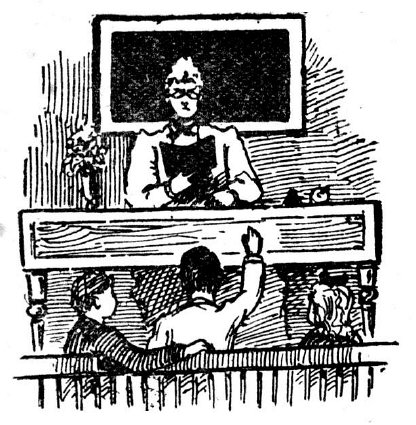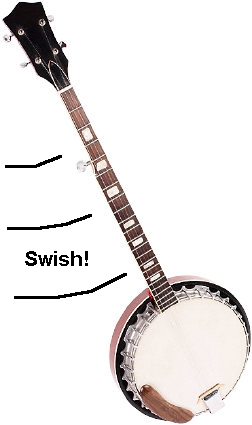To link to this article from your blog or webpage, copy and paste the url below into your blog or homepage.
The Demon-Haunted World
a book by Carl Sagan
(our site's book review)

Carl Sagan says science knowledge is less comfortable than superstition, but it is our only available path if we are to survive
In discussing zealots, radical fundamentalists, and fanatics, none of whom are known for their scientific knowledge or thinking skills, Sagan points out that far more crime and child abuse has been committed by zealots in the name of God, Jesus and Mohammed than has ever been committed in the name of Satan. Many people don’t like that statement, but few can argue with it. This is a book that will be read mostly by those that already grasp the essence of the book's message, and unfortunately by virtually none of those that need it the most, since they are so saturated with wrong beliefs and self-righteousness that they hear nothing not part of their beliefs.

Far more atrocities have been committed in God's, Jesus's and Mohammed's name than in the name of Satan
He points out that kids aren’t born dumb—we have to make them that way with our child-raising practices, which often include abuse or violence, and our inadequate school systems that produce good factory workers but poor Information Age workers. “A major electronics company reports that 80% of its job applicants can’t pass a fifth-grade mathematics test. The United States already is losing some $40 billion a year (mainly in lost productivity and the cost of remedial education) because workers, to too great a degree, can’t read, write, count, or think.” He supports both Head Start and Upward Bound programs as well as improved status—and promotions for teachers—based upon teaching success.

A classroom in America's inadequate school system

Sagan is the swinging banjo in the movie Deliverance, forewarning us of grave repercussions should we continue on the wrongheaded path we're on in which political and religious authority undermine truth and science
He decries the cultural lag whereby cultural is so far behind technology that we haven’t the ethical or moral maturity to handle the technology and weapons at our disposal; and he warns us about authoritarianism in all its forms, all the way from the Inquisition to the current fundamentalist attempt to go back to the Dark Ages. He also says it would be a great waste to ignore the results of social experiments because they seem to be ideologically unpalatable. For example, is there evidence that a current paradigm has outlived its usefulness? Are there unmistakable symptoms that the isolated nuclear family has outlived its usefulness? Are the people following this lifestyle swimming in symptomatology and dysfunctionality? In fact, yes, they are. See The Index Of Leading Cultural Indicators.

Are there unmistakable symptoms that the isolated nuclear family paradigm has outlived its usefulness? Are the people following this lifestyle swimming in symptomatology and dysfunctionality? In fact, yes, they are.

If a current paradigm has outlived its usefulness, come up with a better one, like MCs
We should act on scientific and statistical evidence for change. “Trying out something on a small scale” should always happen when social institutions malfunction, he says. That’s how progress happens, culture evolves, and lives improve. Sagan bemoans our human tendency to make the same mistakes over and over again. If it doesn’t work, fix it, he says. He reminds us that our country’s Founders were philosophers, scientists and thinkers, not bureaucrats and yes-men. Jefferson helped to get the democracy experiment launched in spite of the pressure from nay-sayers. It was tried because the lives of people without it were not nearly as good as these thinking humans believed they could be.

No wonder the public seems so confused and nothing ever changes. They're choking on misinformation that comes their way via political manipulation of citizens and via the Culture War!
Sagan sees the vast scientific ignorance and inability to think and reason around our globe—combined with the dangers of technology—as a prescription for disaster. He sees how much easier and more comfortable it is to choose superstition and pseudoscience than science and reason. But he notes that taking this more challenging path—the path of knowledge—is our only real choice if we are to survive.

The path of knowledge is our only real choice if we are to survive





